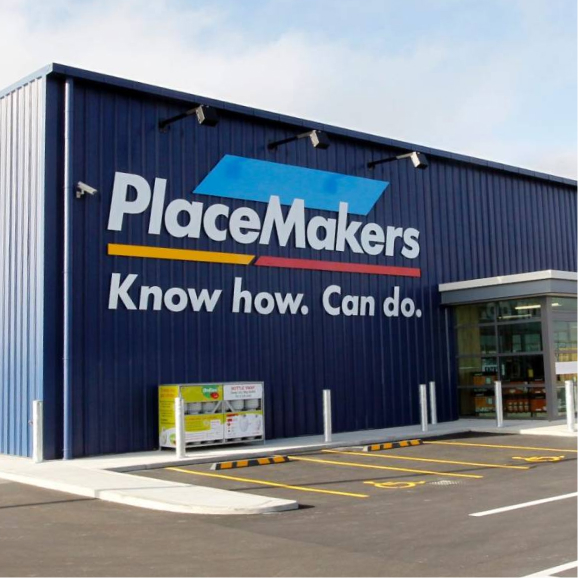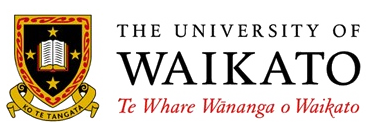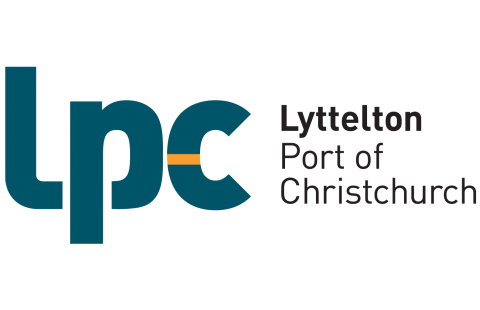Empower your team with our integration solutions
With over a decade of experience in delivering small-scale and large-scale solutions, we deliver clear and measurable value to your bottom line.
View AllAdaptiv Integration
-
 Application Lifecycle Management
Application Lifecycle ManagementHeightened visibility, reduced risk and costs, and faster iteration.
-
 Consulting
ConsultingProfessional guidance from the integration experts.
-
 24/7 Middleware Support
24/7 Middleware SupportRound-the-clock professional middleware support.
-
 Load Testing
Load TestingMaintain robust and continuous application performance under fire.
-
 Integration Development
Integration DevelopmentFaster integration development, at a lower cost.
Data & Analytics
-
 Analytics Consulting
Analytics ConsultingUnlock your data's potential with expert analysis.
-
 Migration Solutions
Migration SolutionsSeamless data transition with expert guidance.
-
 Data Visualisation Solutions
Data Visualisation SolutionsTransforming data into insight with leading technologies.
Trusted by some of New Zealand’s biggest companies
No matter your industry or business role, Adaptiv gives your team the tools—and time—to get your best work done.
View AllSectors
-
 Construction
ConstructionStreamlining construction with advanced integration, data and analytics.
-
 Energy & Utilities
Energy & UtilitiesPowering progress with data-driven innovation.
-
 Government & Public Sector
Government & Public SectorEnhancing government services through data excellence.
-
 Healthcare
HealthcareRevolutionising health data for better outcomes.
-
 Manufacturing
ManufacturingOptimising manufacturing with integrated data solutions.
-
 Education
EducationIgnite the spark of knowledge through data-driven brilliance in education.
-
 Professional Services
Professional ServicesTransforming professional services with strategic data solutions.
-
 Financial Services
Financial ServicesElevating financial services through data mastery.
-
 Agriculture
AgricultureCultivating growth and prosperity through smart AgriTech solutions.
-
 Retail
RetailRevolutionising the shopping experience through data-driven excellence.
We use leading technologies to minimise risk
We know that it’s important that you can count on us and what we deliver, so we use the latest industry-leading cloud technologies and platforms for everything we do. Naturally, our team is fully trained and certified.
View All-

Build new integrated solutions in the cloud that leverage resources on-premises and cross-cloud.
-

Unite everything in your digital ecosystem so you can achieve better business outcomes, faster.
-

MuleSoft’s Anypoint Platform is the world’s leading integration platform for SOA, SaaS, and APIs.
-

Define, document, discover, and stream events across cloud, on-premises and IoT environments.
-

Harness the power of data to drive innovation and growth.
-

Leveraging GCP's advanced capabilities, we deliver scalable, cloud-based solutions.
-

Robust workflow and rule automation solutions for streamlined business processes.
-

Tailored cloud solutions that scale, innovate, and accelerate your business growth.
See how our customers turn insights into action
Adaptiv empowers New Zealand’s top organisations to see and understand their data—inspiring breakthroughs and driving impact.
View AllFeatured Case Studies
-


Fulton Hogan builds solid integrations with Adaptiv
View Case Study -


Placemakers transforms their future with Adaptiv
View Case Study -


The University Of Waikato Leverages Azure Integration Services with Adaptiv
View Case Study





































